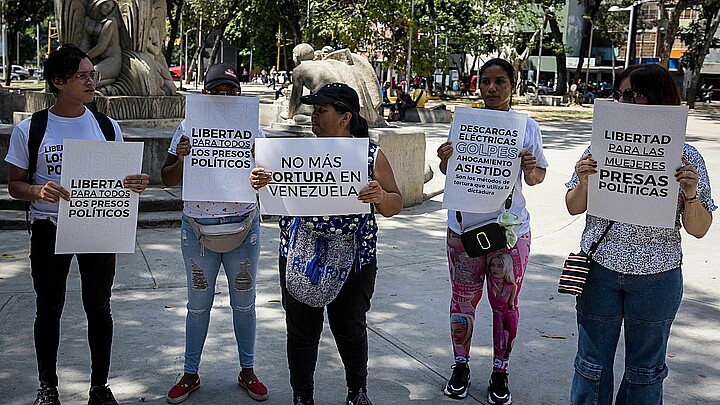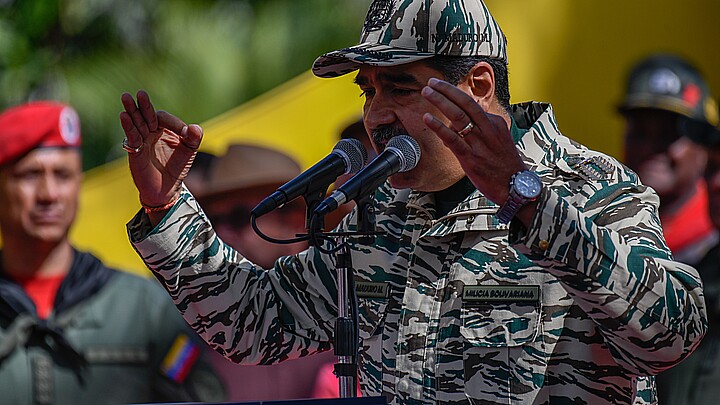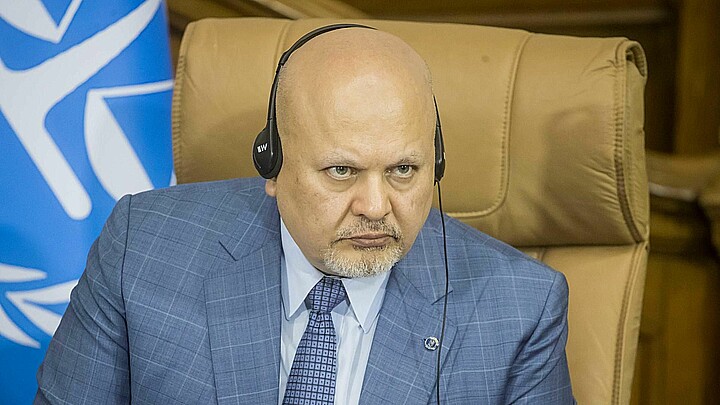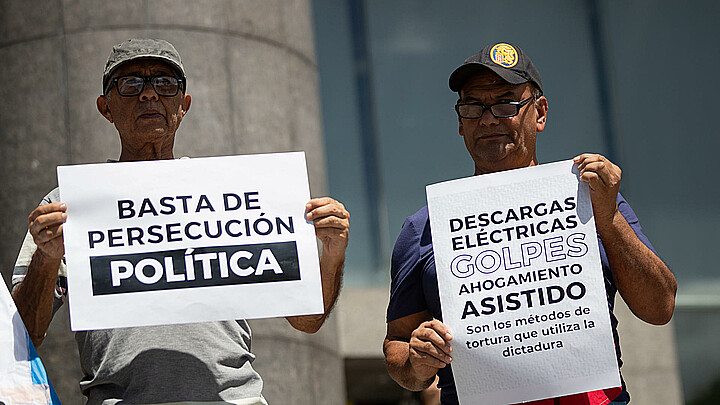Human Rights
Venezuela rejects UN report detailing regime’s human rights abuses
The report, the third in a series from the council’s fact-finding mission in Venezuela, details a string of human rights violations in the South American Country

September 27, 2022 7:39am
Updated: September 27, 2022 11:56am
The Venezuelan government on Monday rejected a report by the United Nations that claims that President Nicolas Maduro personally ordered the detention of government opponents and tortured them while in prison, according to The Associated Press.
Venezuela’s ambassador in Geneva, Hector Constant Rosales, rejected the report released last week by experts working with the United Nation’s Human Rights Council. He told the council that the publication was a “pseudo report” that “masked obscure interests” opposed to Venezuela.
Constant continued to criticize the “terrible politicization” of the Human Rights Council, which is made up of 47 member states.
The report “this time goes beyond the limits of the unspeakable, incorporating direct accusations against the president and other high authorities of my country,” he said.
The report, the third in a series from the council’s fact-finding mission in Venezuela, details a string of human rights violations in the South American Country.
According to the report, the imprisoned opposition was tortured with electric shocks, asphyxiation, and other cruel acts while in custody. While the report based its findings on almost 250 confidential interviews, it provides no details of specific instances of abuse.
The U.N.’s fact-finding mission’s leader, Marta Valiñas said the team reached its conclusion based on “different but consistent testimonies.”
The report points to Maduro and members of his inner circle, including ruling party leader Diosdado Cabello, as responsible for the possible crimes against humanity.
“President Nicolás Maduro, supported by other high-level authorities, stand out as the main architects in the design, implementation, and maintenance of a machinery with the purpose of repressing dissent,” the report said.
The evidence presented in the report could one day be used by the International Criminal Court to prosecute alleged crimes against humanity.
The fact-finding mission was established in 2019 and its mandate was extended until the end of this month. The Human Rights Council has yet to vote on whether the work of the mission will be extended again.










